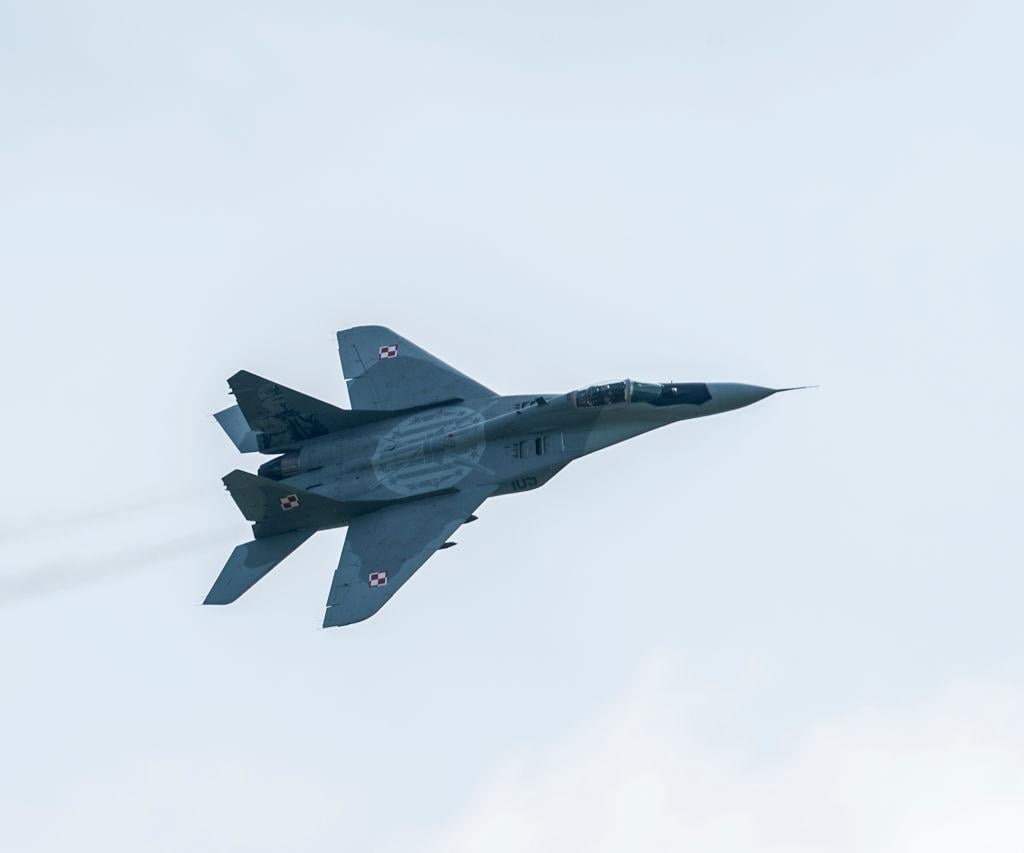
Credit: Steve Thorne/Getty Images
European Union plans to transfer Warsaw Pact-era combat aircraft to Ukraine appear to have faltered after the Eastern European governments operating them said they would not be handing over the aircraft. Bulgaria, Poland and Slovakia—the EU countries still operating RAC MiG-29s and Sukhoi Su-25s...
Subscription Required
This content requires a subscription to one of the Aviation Week Intelligence Network (AWIN) bundles.
Schedule a demo today to find out how you can access this content and similar content related to your area of the global aviation industry.
Already an AWIN subscriber? Login
Did you know? Aviation Week has won top honors multiple times in the Jesse H. Neal National Business Journalism Awards, the business-to-business media equivalent of the Pulitzer Prizes.





